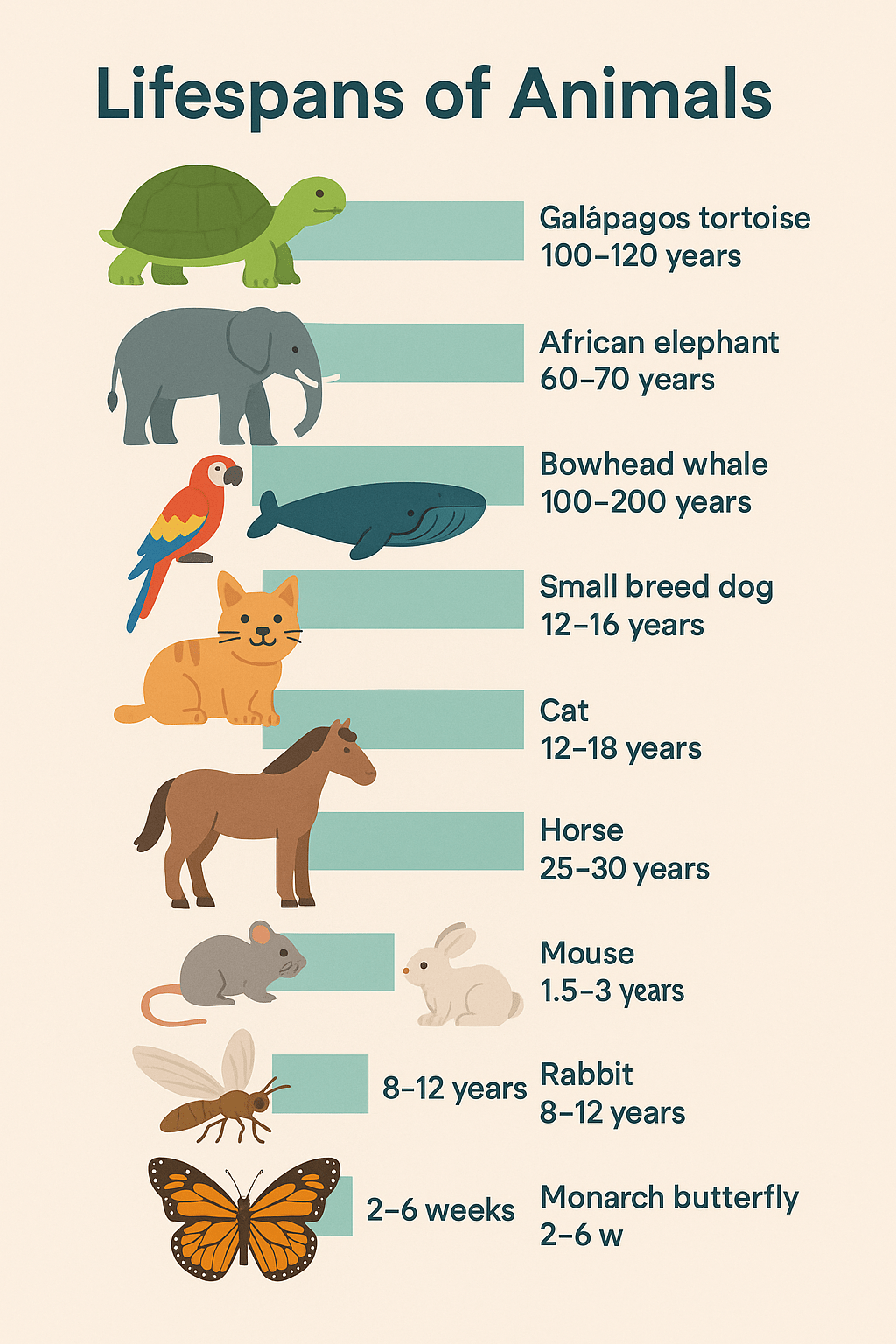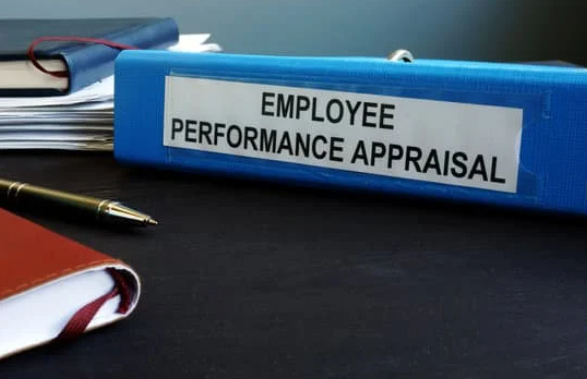
The ‘Recency Effect’ in Annual Appraisals and Increments: A Critical Examination

In many organizations, annual appraisals and increments are the cornerstone of employee evaluation and compensation. These assessments are designed to reflect a year’s worth of work, taking into account achievements, challenges, and overall performance. However, a significant issue often clouds this process—the ‘Recency Effect.’ This cognitive bias, where recent events disproportionately influence decisions, can lead to skewed appraisals and unfair compensation, undermining the very purpose of the evaluation system.
Understanding the Recency Effect
The Recency Effect is a psychological phenomenon where people tend to remember and give more weight to the most recent information or events when making decisions. In the context of annual appraisals, this means that the performance or behavior of an employee in the months leading up to the review can overshadow their contributions throughout the entire year. This bias can lead to several issues, including inaccurate evaluations, demotivation among employees, and potential loss of talent.
The Impact of the Recency Effect on Appraisals and Increments
- Inaccurate Performance Evaluations: When managers rely heavily on their memory to evaluate an employee’s performance over a year, they are more likely to remember recent events, both positive and negative. As a result, an employee who has performed consistently well throughout the year but had a dip in performance toward the end might receive a lower appraisal. Conversely, an employee who had a strong finish to the year may be rated higher than warranted based on their overall performance.
- Demotivation and Employee Disengagement: Inaccurate appraisals due to the Recency Effect can lead to feelings of unfairness and frustration among employees. If they believe that their hard work and achievements earlier in the year are being overlooked, they may become demotivated and disengaged. This can have a ripple effect, leading to decreased productivity, higher absenteeism, and potentially increased turnover.
- Potential Loss of Talent: Employees who feel that their contributions are not accurately recognized may seek opportunities elsewhere. This is particularly true for high performers who expect their efforts to be fairly rewarded. Losing such talent can be costly for organizations, both in terms of lost productivity and the expense of recruiting and training new employees.
Mitigating the Recency Effect in Appraisals
To combat the Recency Effect, organizations need to implement strategies that ensure a more balanced and accurate evaluation of employee performance. Here are some measures that can be taken:
- Introduce Quarterly or Biannual Review Cycles: Instead of relying solely on an annual appraisal, organizations can implement quarterly or biannual reviews. These more frequent assessments allow managers to evaluate performance in smaller, more manageable periods. This reduces the reliance on memory and ensures that achievements and challenges from earlier in the year are not forgotten. According to a study by Deloitte, 58% of companies that switched to more frequent reviews reported improvements in performance management outcomes.
- Manager Diaries and Continuous Feedback: Encouraging managers to keep weekly or monthly diaries can be an effective way to track employee performance throughout the year. These diaries can include notes on achievements, challenges, and any feedback given to employees. When it comes time for the annual appraisal, managers can refer to these records to provide a more comprehensive and balanced evaluation. Continuous feedback systems, where managers provide regular, real-time feedback, can also help mitigate the Recency Effect. A Gallup study found that employees who receive continuous feedback are 3.6 times more likely to be engaged at work.
- Use of Performance Management Software: Leveraging technology can play a crucial role in reducing biases in appraisals. Performance management software can track and analyze employee performance data throughout the year, providing managers with detailed reports that highlight key achievements and areas of improvement. This data-driven approach ensures that decisions are based on objective metrics rather than memory alone. A report by PwC found that 77% of high-performing companies use data analytics in their performance management processes.
- Employee Self-Assessments: Including employee self-assessments as part of the appraisal process can provide a more holistic view of performance. Employees can highlight their achievements, challenges, and growth over the entire year, helping to counterbalance any recency bias from the manager’s side. When combined with manager assessments, this approach can lead to more accurate and fair evaluations.
- Training for Managers on Cognitive Biases: Organizations should invest in training programs that educate managers about cognitive biases, including the Recency Effect. By being aware of these biases, managers can take steps to minimize their impact during appraisals. This training can be part of a broader effort to improve decision-making and fairness in the workplace.
Conclusion
The Recency Effect is a common but often overlooked issue in annual appraisals and increments. By disproportionately focusing on recent performance, managers may inadvertently penalize or overly reward employees, leading to inaccurate evaluations and potential loss of talent. However, with the right strategies in place—such as more frequent review cycles, manager diaries, performance management software, and training on cognitive biases—organizations can create a more balanced and fair appraisal process. Ultimately, this will not only enhance employee satisfaction and retention but also drive better overall performance for the organization.
Implementing these measures requires a commitment to change and continuous improvement, but the rewards—more accurate appraisals, fairer compensation, and a more motivated workforce—are well worth the effort. Organizations that successfully mitigate the Recency Effect will be better positioned to recognize and reward true performance, fostering a culture of fairness, transparency, and excellence.
Hello, I am Aman (: Full Time Traveler :) At the age of 41, in April 2023, fueled by my love for travel and the determination not to remain fixed like a tree, I embarked on a bold journey. Having dedicated 17 years to a corporate job, I chose to transition from a full-time employee to a full-time traveler, driven by the desire to break free from the routine and constraints of a conventional life. Along the way, I not only explored the wonders of travel but also uncovered the transformative power of financial freedom. I realized how it could liberate me to lead a life teeming with adventure, purpose, and fulfillment. Through my blogs, I am passionately sharing my story, aiming to inspire and provide valuable guidance to those, like me, who aspire to weave travel into a life overflowing with limitless possibilities.






















Post Comment
You must be logged in to post a comment.